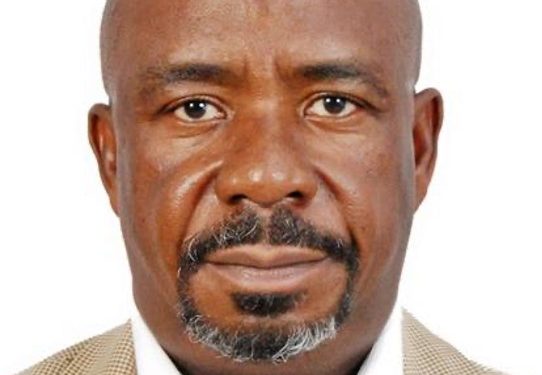In a week marked by renewed regional commitment to health security in Sierra Leone, Dr. Mamadou Diarrassouba, Executive Director of the ECOWAS Regional Centre for Surveillance and Disease Control (RCSDC), toured three of Sierra Leone’s most critical public health facilities, underscoring the shared responsibility of member states in tackling disease threats across West Africa.
From Jui to Lakkah to Hastings, the visit focused on the frontlines of infectious disease response, spotlighting laboratories and treatment centers central to the country’s surveillance and epidemic preparedness efforts.
Strengthening the Science: Jui P3 Lab
At the Jui P3 Laboratory, Dr. Diarrassouba was briefed on the facility’s advanced diagnostic capabilities—an essential pillar in Sierra Leone’s disease surveillance framework. The lab, built with high biosafety standards, supports rapid detection of priority diseases, enabling faster response times during outbreaks. It represents the scientific backbone of Sierra Leone’s commitment to strengthening regional surveillance networks.
A Hub for Public Health: CPHRL, Lakkah
Moving to Lakkah, home to the Central Public Health Reference Laboratory (CPHRL), Dr. Diarrassouba took time to engage with staff responsible for Sierra Leone’s national disease detection systems.
He commended the team for their unwavering service, noting, “The dedication and expertise of the team here at Lakkah are vital to our collective efforts in detecting and responding to public health threats.” He described the CPHRL as instrumental in the broader ECOWAS strategy to build resilient, interconnected public health systems.
The lab’s Program Manager, Madam Doris Harding, welcomed the RCSDC delegation and detailed the lab’s growing role in both diagnostics and research. She shared that recent improvements have enhanced the region’s ability to respond to outbreaks, particularly in testing for infectious diseases.
She further emphasized that, “Collaboration is key to addressing the complex health challenges we face in West Africa,” and highlighted the importance of knowledge exchange, regional cooperation, and investment in local workforce training.
Responding to Mpox: Hastings Treatment Center
The final stop was the Mpox Treatment Center at the Police Training School in Hastings, where Dr. Diarrassouba observed firsthand the operational protocols in place for treating and isolating mpox cases. The center has played a critical role in mitigating the impact of the current outbreak by offering care to patients while protecting the broader community.
Throughout the visit, the RCSDC Director General stressed that sustained cross-border collaboration remains essential for early detection, timely response, and containment of public health threats.
“By investing in strong surveillance networks, laboratory capacity, and cross-border cooperation, we can build a resilient health infrastructure that protects our communities,” he said, reinforcing ECOWAS’s long-term vision for public health.
A Collective Commitment
The visits to these three facilities reaffirmed the shared priorities of Sierra Leone’s National Public Health Agency (NPHA) and ECOWAS. As emerging and re-emerging diseases continue to challenge the region, investments in lab capacity, technical training, and coordinated responses remain at the core of the health security agenda.
Dr. Diarrassouba’s engagements were a powerful reminder that beyond equipment and protocols, it is the people—lab scientists, clinicians, and frontline responders—who stand as West Africa’s first line of defense against epidemics.













